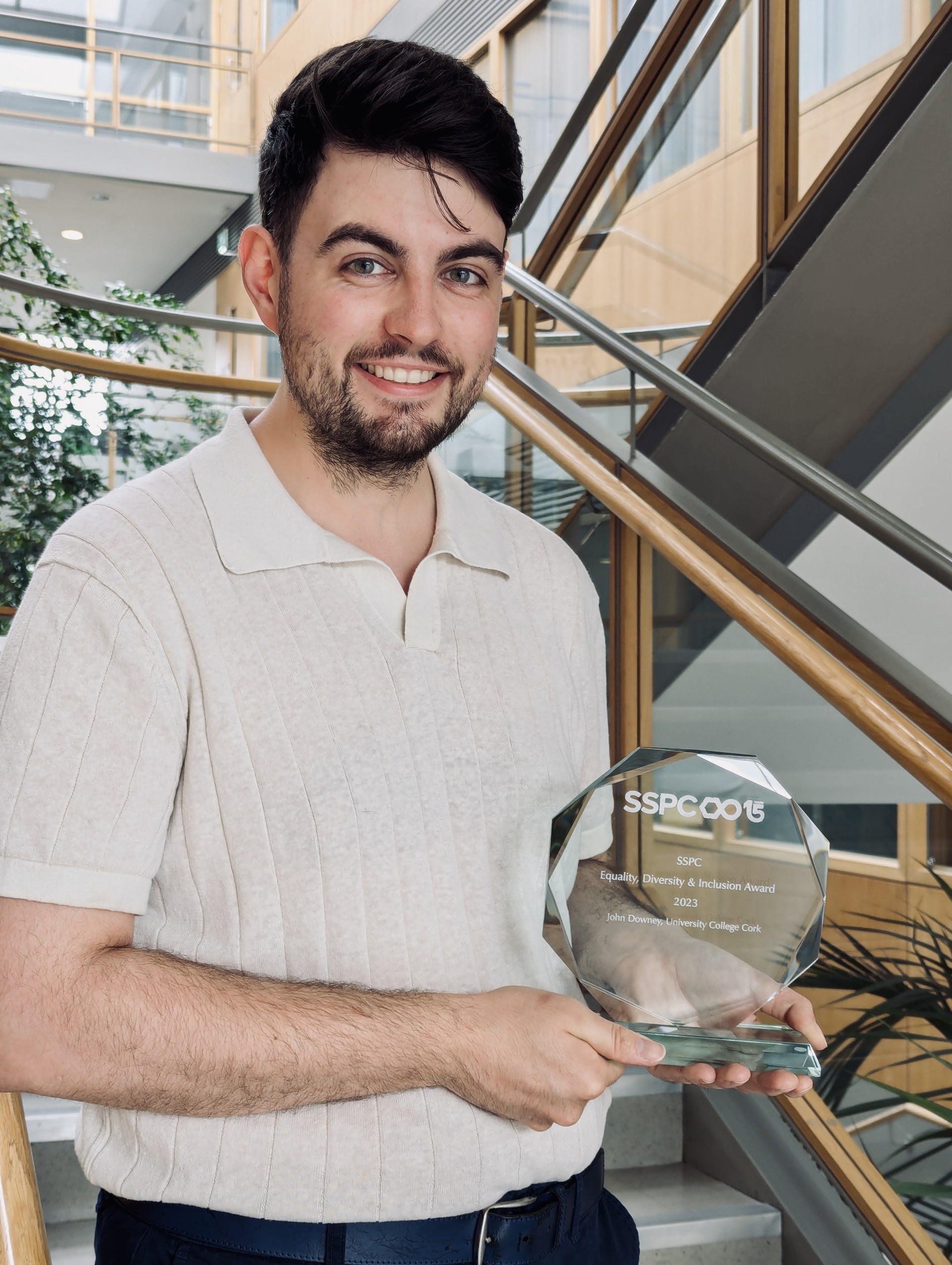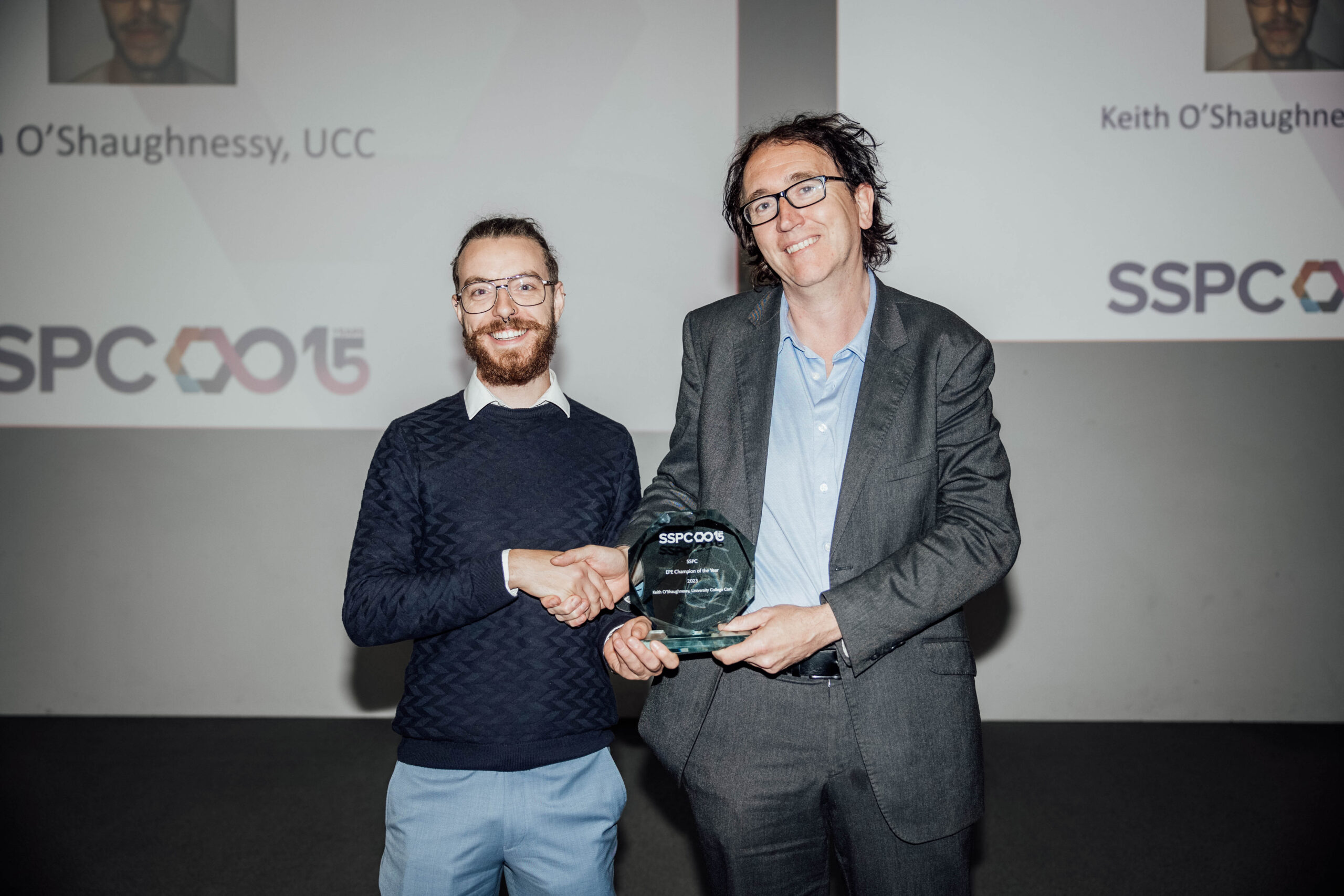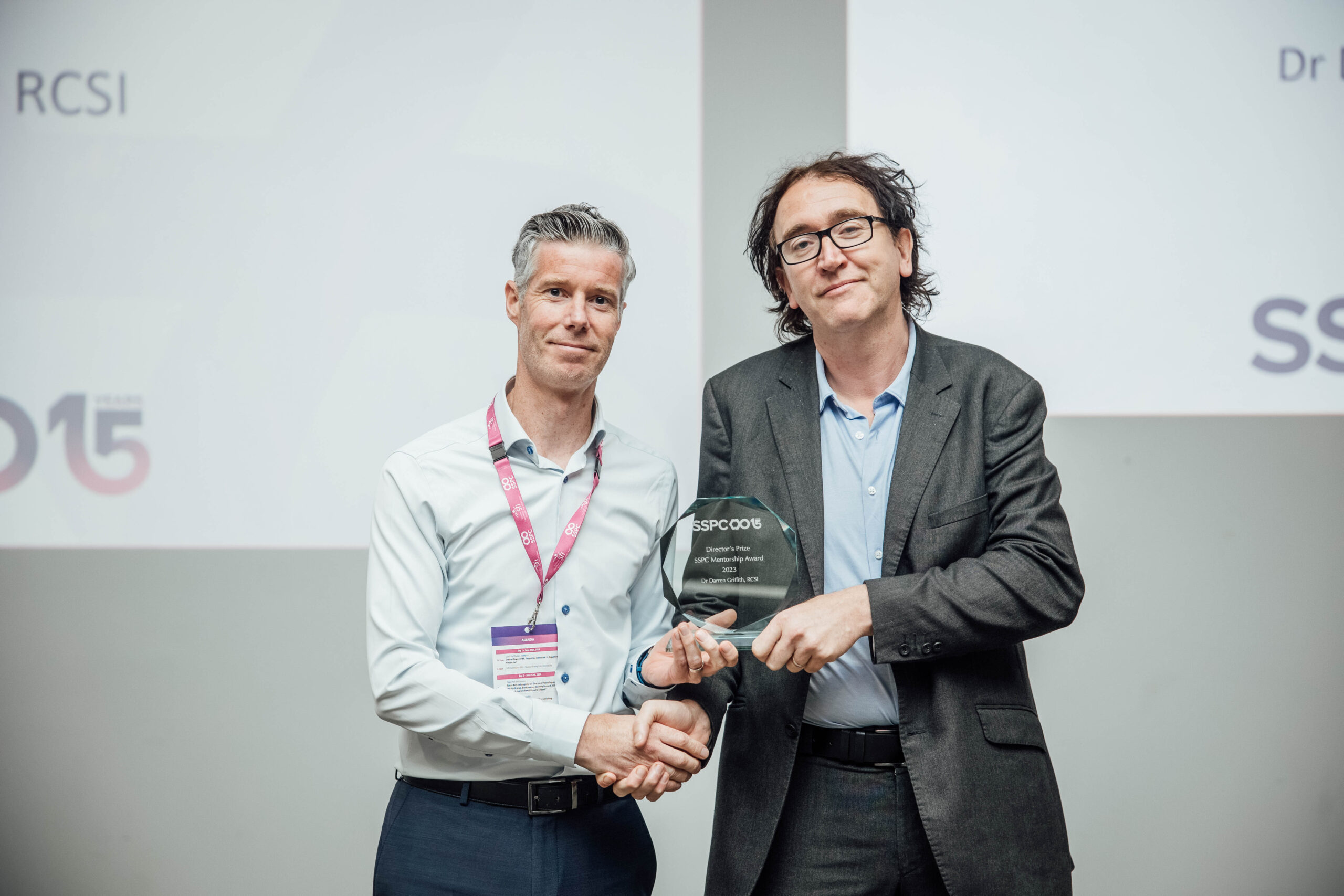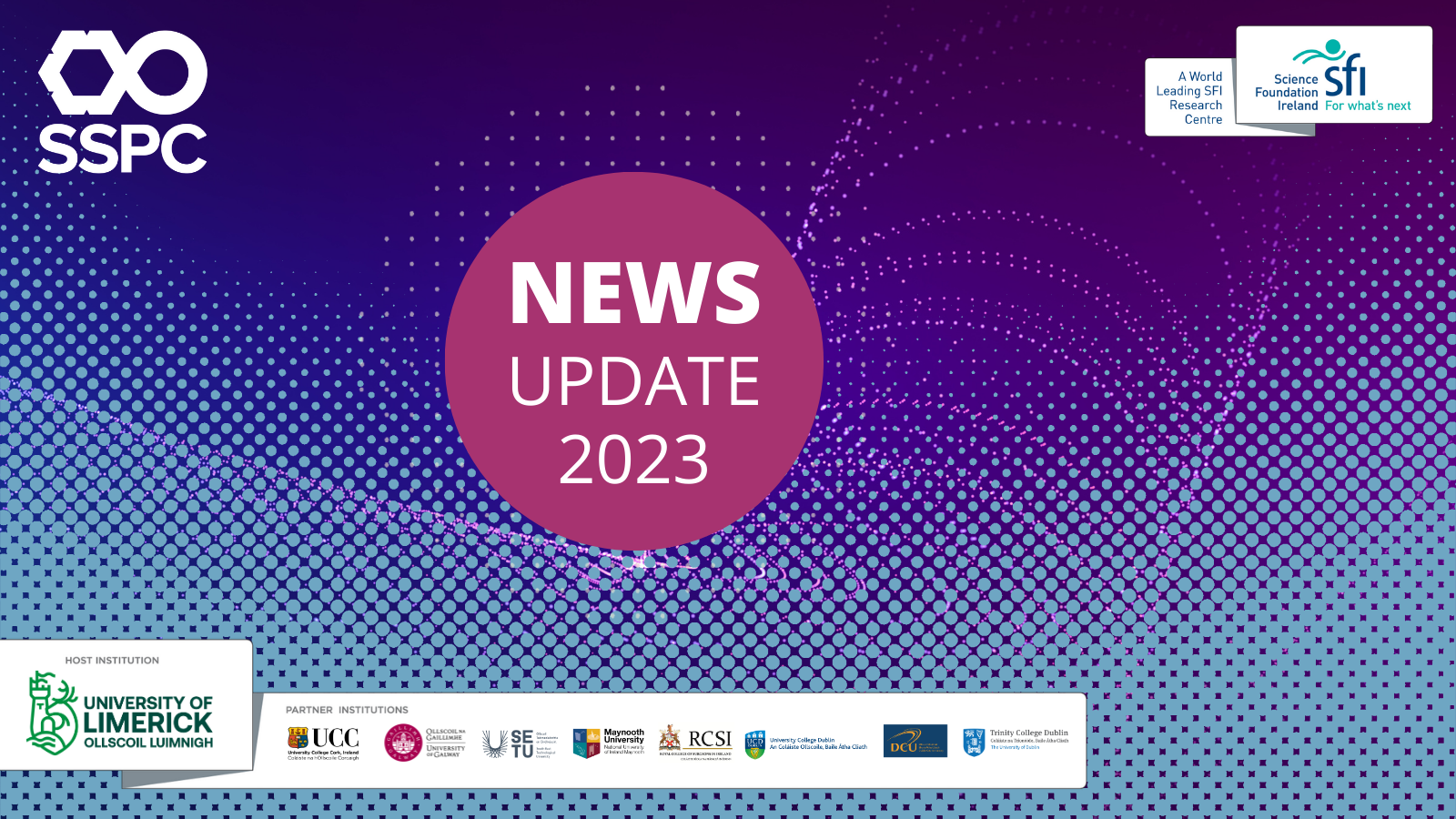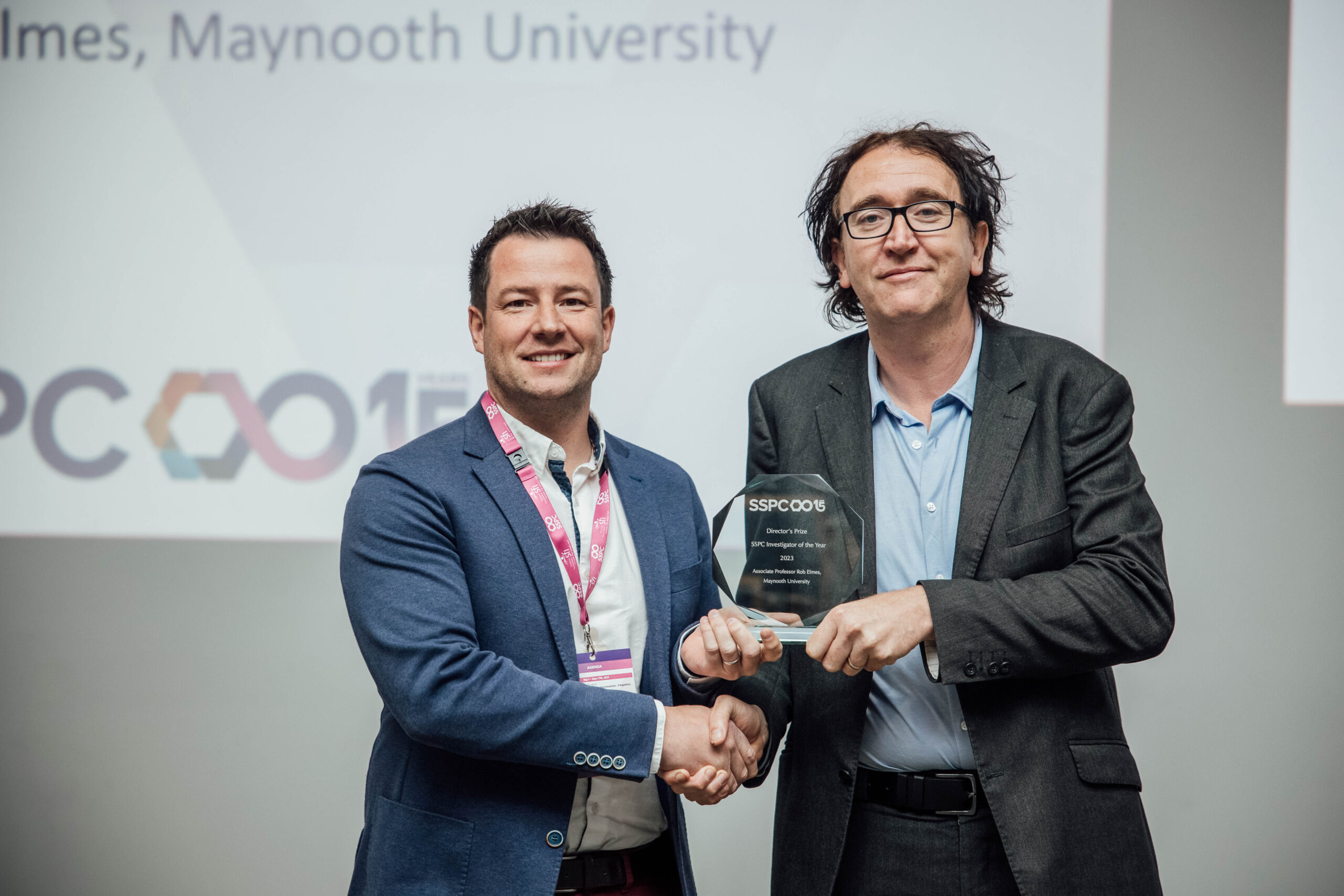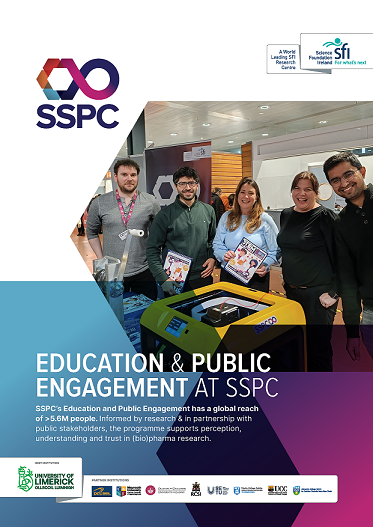SSPC investigator Prof. Lidia Tajber, Associate Professor in Pharmaceutics and Pharmaceutical Technology in the School of Pharmacy and Pharmaceutical Sciences, Trinity College Dublin (Ireland) is part of the eRaDicate (Innovative Ligands for Nuclear Receptors to Eradicate Cancer Relapse), international multi-disciplinary and inter-sectoral research and development programme consortium.

The “eRaDicate” Marie Sklodowska Curie Doctoral-Network (DN) is an international, multi- & interdisciplinary and inter-sectoral training, research and development programme in the field of cancer drug research. The grant has been successfully acquired by Martin Schepelmann from the Institute of Pathophysiology and Allergy Research, Center for Pathophysiology, Infectiology, and Immunology of the Medical University of Vienna.
The project will train eleven young scientists to become specialists in cancer research and drug development, whilst developing new therapies against metastasis and relapse of cancer. The project is funded through the EU-Horizon-Europe Programme with a total budget of €2.5 million.
The “eRaDicate” doctoral network (DN) is an international, multi- & interdisciplinary and inter-sectoral training, research and development programme in the field of cancer drug research. The educational aim of the network is to train eleven young scientists in cancer research and the development of new therapies against cancer-stem-cell-driven relapse and metastasis. The comprehensive training of the PhD students is the main focus of the project and includes not only the conducting of original and independent research at the highest international level, but also the nurturing of creativity and communication skills, as well as critical and entrepreneurial thinking. The innovative and multidisciplinary training will qualify the young scientists not only for an academic career, but also for working in industry and other relevant fields of employment.
The scientific objectives of the project are to test novel anti-cancer agents, which target nuclear receptors, such as the retinoic acid receptor (RAR) and the vitamin D receptor (VDR), to develop innovative variants of these molecules, and to investigate the efficacy of different compounds against chemotherapy-induced neutropenia. In addition, strategies for the pre-formulation of active substances will be worked out and a novel deep-learning-based method for cancer analysis and diagnosis will be developed. The long-term goal is to translate the developed active substances into marketable drugs.
Consortium members include MedUni of Vienna, co-ordinator, University of Wroclaw (Poland), University of Birmingham (United Kingdom), the Ben Gurion University of the Negev (Israel), Universidad de Santiago de Compostela (Spain), TissueGnostics GmbH (Austria), the University of Warsaw (Poland), the Medical University of Warsaw, and Trinity College Dublin (Ireland).
12 associated partners: Biolution GmbH (Austria), Donaugrafik (Austria), Janssen Scientific Ireland (Ireland), The Karl Landsteiner University of Health Sciences (Austria), La Trobe University (Australia), Physiolution GmbH (Germany), Pikralida (Poland), Queensland University of Technology (Australia), Selvita (Poland), the Shaare Zedek Medical Center (Israel), and the University of Toronto (Canada) and Wannaboo (Italy).



